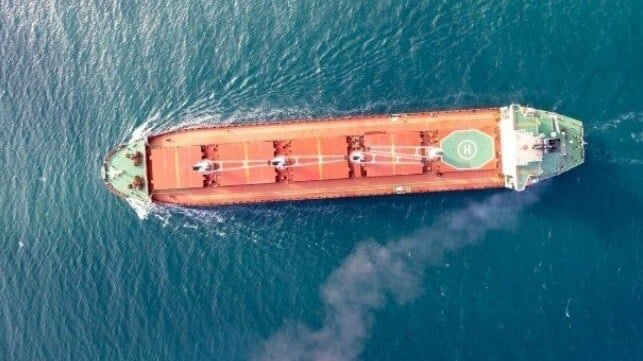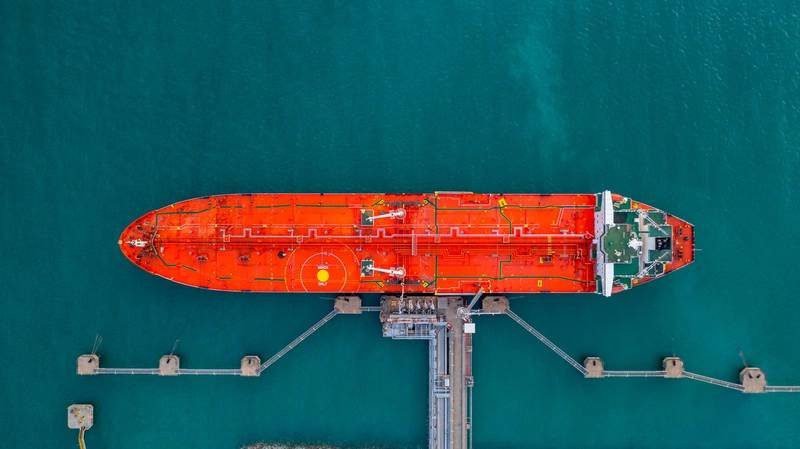Dr. Olivier Denizart, technical manager of Lubmarine, a division of Total Energies, emphasizes the importance of developing new and improved marine lubricants to meet the demands of alternative fuels and the need to reduce emissions. Lubricant manufacturers are working on enhancing lubricants for existing fuel solutions like conventional and LNG fuels, as well as developing new lubricants for future fuels such as bio fuels, e-fuels, MeHO, and NH3. With new engine designs placing increased demands on lubricants, including higher temperatures and pressures, lubricants must have improved detergency characteristics, thermal stability, and oxidation resistance to meet performance requirements.
Key areas of the combustion chamber, such as the ring pack, exhaust valve, and piston top and top ring area, require special attention to ensure optimal lubricant performance. The goal is for lubricants to contribute to fuel efficiencies, emissions controls, lower carbon footprint, and better reliability. As new regulations may restrict the use of certain chemical components, Lubmarine is focusing on identifying new formulas to enhance energy efficiency and cleanliness.
Lubmarine has developed a “fuel economy lubricant” designed to reduce engine friction and potentially decrease fuel consumption by up to 4 percent, depending on operating conditions. This lubricant is suitable for various applications, including cruise ships, ferries, offshore vessels, and power plants. By continuously innovating and adapting to evolving industry requirements, Lubmarine aims to provide effective lubrication solutions for the maritime sector’s changing needs.


















